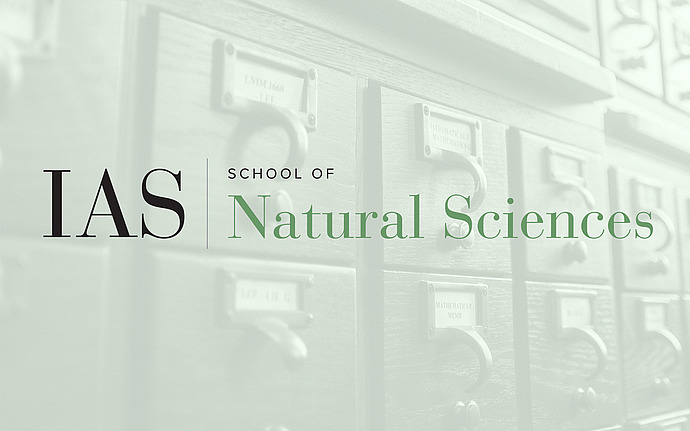
Princeton University Donald R. Hamilton Colloquium Series
Linking Force, Form and Function in Intestinal Organoids
Abstract: Intestinal organoids capture essential features of the intestinal epithelium such as crypt folding, spatial compartmentalization of different cell types, and cellular movements from crypt to villus. Each of these processes and their coordination in time and space requires patterned physical forces. I will present maps of the three-dimensional cell-ECM and cell-cell forces in mouse intestinal organoids grown on soft hydrogels. These maps reveal a non-monotonic stress distribution that defines mechanical and functional compartments. Mechanical compartmentalization enables crypt folding through apical constriction and collective cell migration along a tensile gradient. A 3D vertex model shows that the shape and force distribution of the crypt can be largely explained by cell surface tensions following the measured apical and basal actomyosin density. I will also discuss how this mechanical picture is altered in patient-derived colorectal cancer organoids. Our results show that cancer stem cells contribute mechanical stability to the cancer stem cell niche whereas differentiated cancer cells display are more dynamic phenotype that favors metastatic progression.